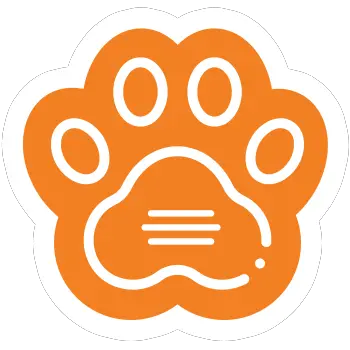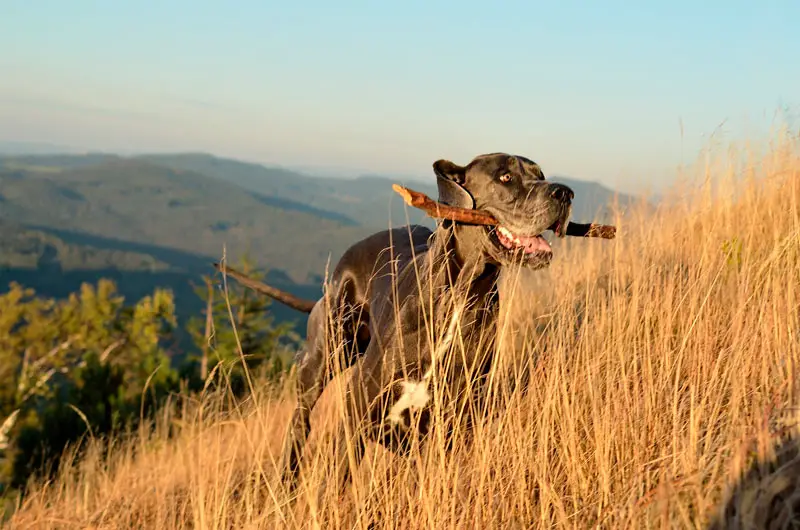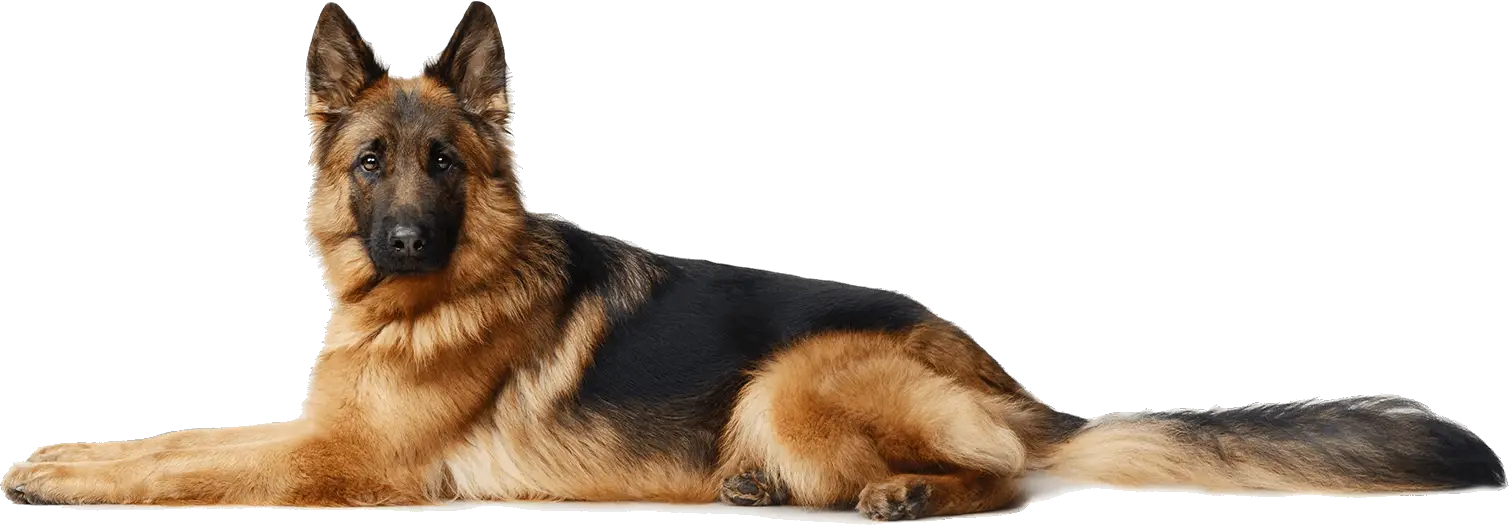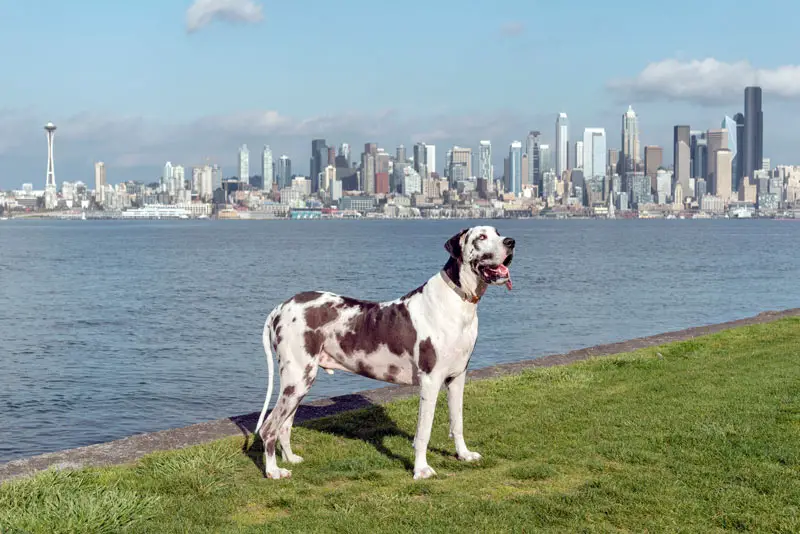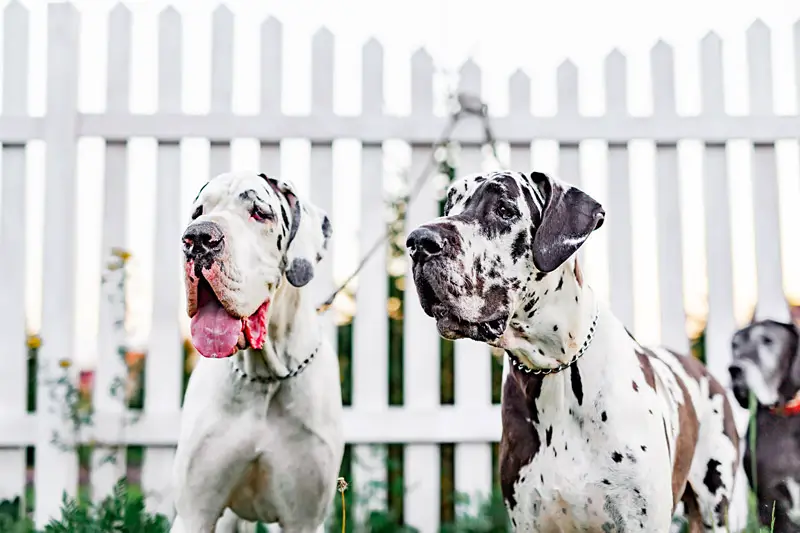How To Take Care Of An Old Great Dane?
Given that Great Danes live up to 6.5 to 7 years on average, they are considered senior dogs when they reach five. At this point, you can expect the signs of old age to begin showing up. There are important special aspects to take into account when your dog hits the five-year mark:
The main one is diet, for it plays a crucial role in the dog’s health and in the prevention of large breeds’ common health issues such as bloating, which can lead to death if not treated.
So, What Should A Senior Great Dane’s Diet Be Like?
As this beautiful dog grows, its calorie intake gets slightly lower, ranging between 3000 calories a day for a puppy and 2.500 calories for an adult. By the time your Great Dane has reached its old age, its calorie requirements will go down to 2000 calories per day.
Another essential aspect to consider is the quality of the dog food. Your dog should be getting 12% fat and 23% protein. Consider switching to a brand or product specially formulated for older dogs.
Additionally, the feeding frequency and food availability play a crucial role in your dog’s overall health. Feed your dog 2 to 3 times a day instead of giving full access to their food all day long.
By doing this, you might prevent any bloating or digestive discomfort as well as obesity, which is especially detrimental for larger breeds’ health and lifespan.
Exercise Is Also Key
Great Danes benefit so much from physical activity. Not only is it terrific for preventing obesity, but it also helps reduce joint pain and prevent arthritis which is a highly common health condition in giant breed dogs.
And obviously, bonding with your dog while doing physical activity is a big bonus, beneficial not only for your dog but for you as well. Having a Great Dane as your jogging pal will keep you and them active and healthy!
Make The Vet Your BF
Having regular appointments with a vet is crucial for anyone who wants to keep their dog in optimal health condition. But this is a golden rule for any Great Dane’s owner who wishes to prevent and early detect some of the most common diseases these beautiful giants are prone to suffer.
Doing this may prevent cancer early on, as well as other health conditions such as hip dysplasia or bumps, which may require surgery.

